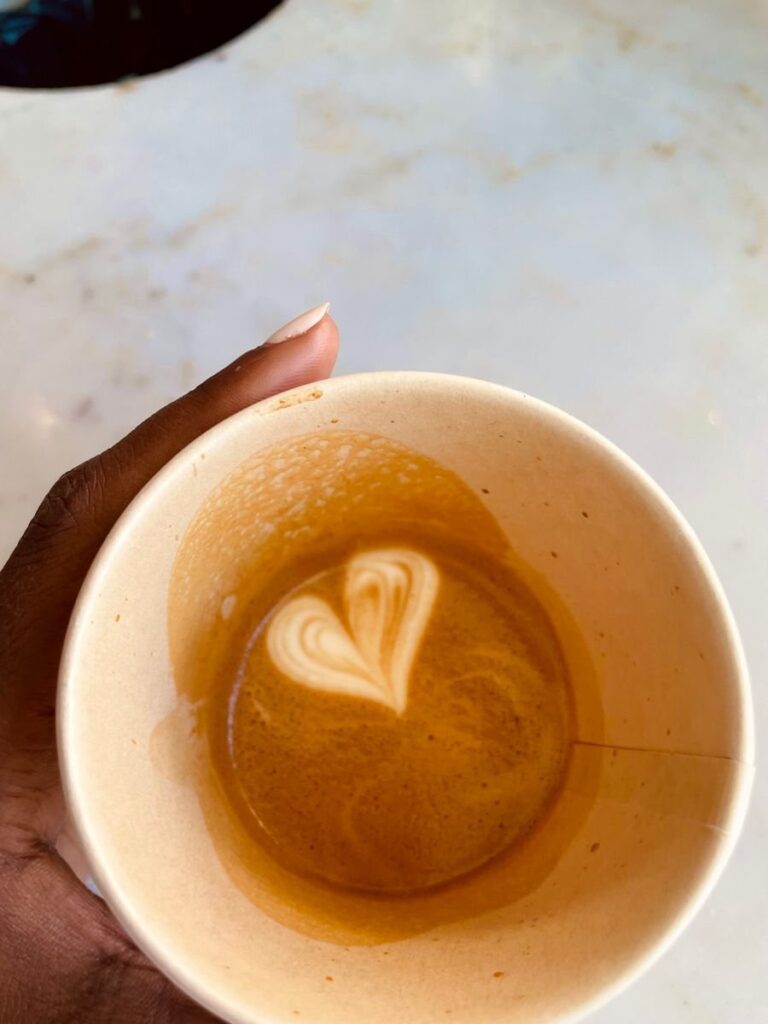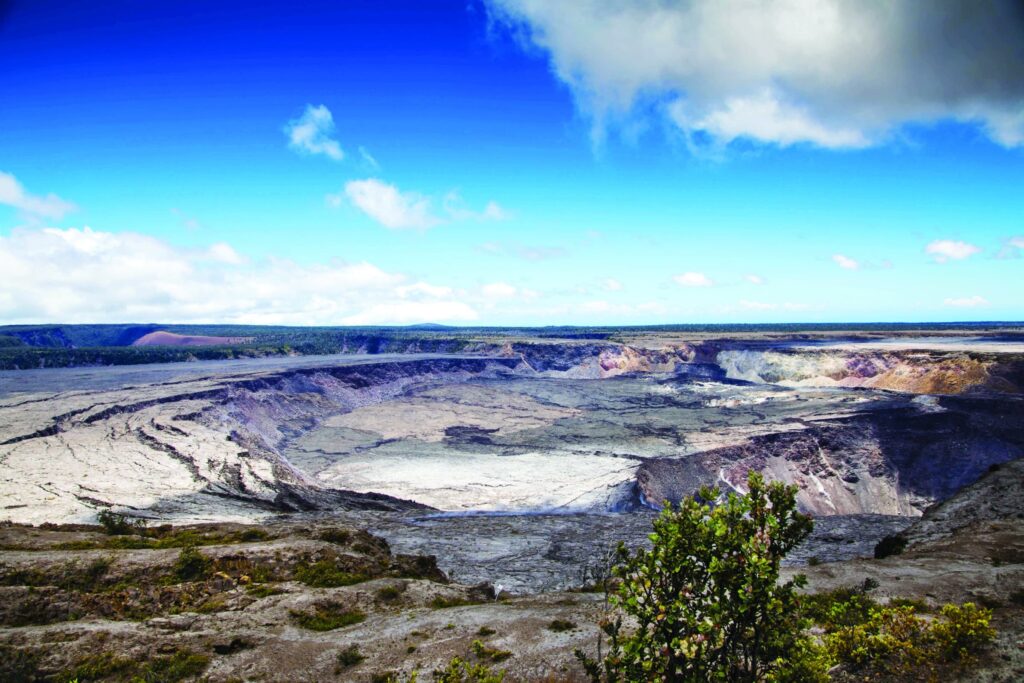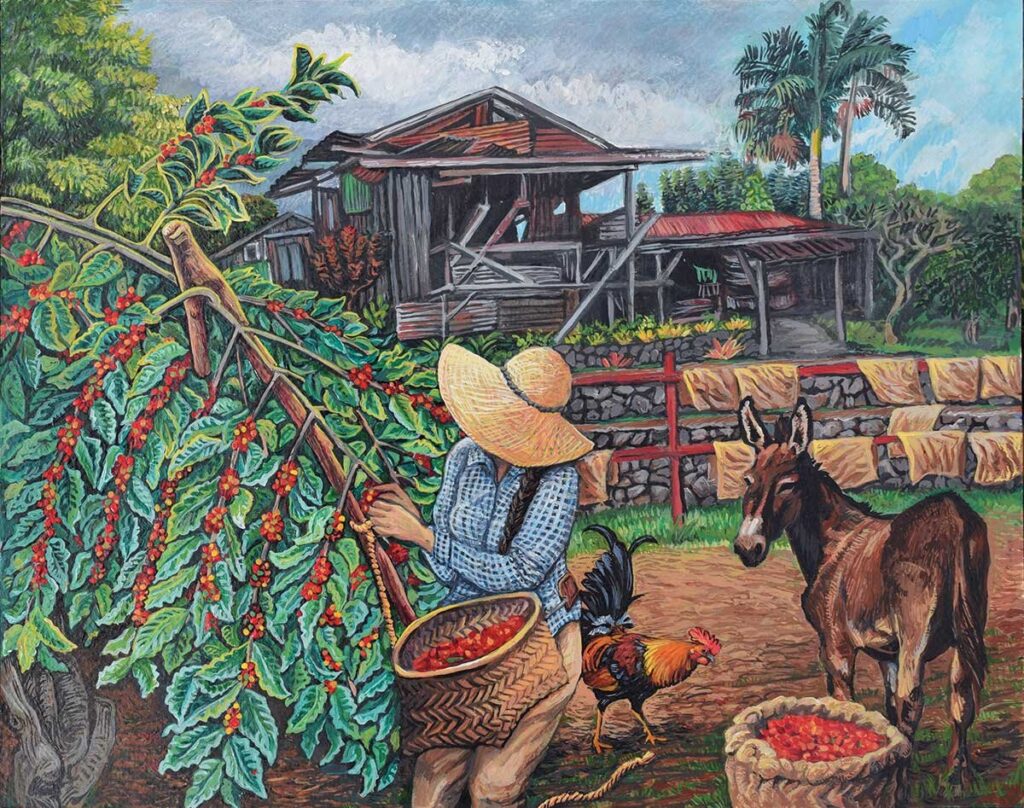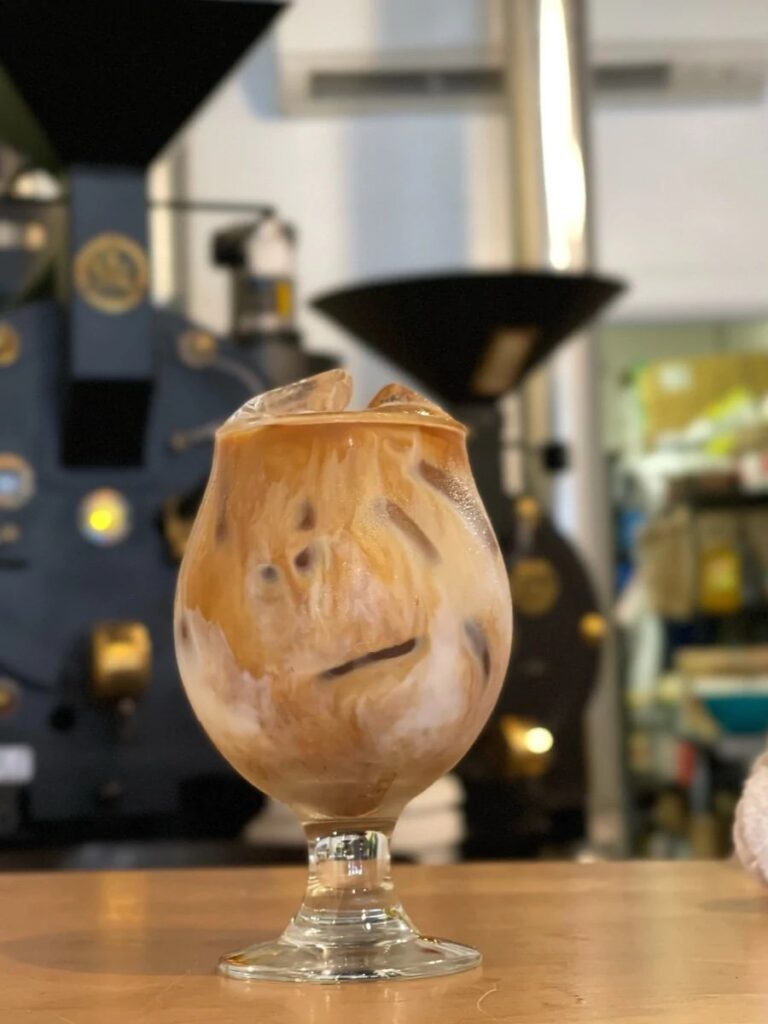Have you ever wondered about the vibrant coffee culture in Hawaii? From the lush plantations to the enticing aromas that fill the air, Hawaii is home to a rich and diverse coffee industry. In this article, we will take a closer look at the history, production, and unique flavors that make Hawaiian coffee renowned worldwide. So grab a cup of your favorite brew and join us on this journey as we explore the captivating world of coffee in Hawaii.

History of Coffee in Hawaii
Introduction of coffee to Hawaii
The history of coffee in Hawaii dates back to the early 19th century when coffee plants were first brought to the Hawaiian Islands by Christian missionaries. The purpose of introducing coffee was not only for its consumption but also as a potential cash crop. The missionaries believed that coffee cultivation could help support the growing population and provide economic stability.
The rise of coffee plantations
Coffee cultivation began in the late 1820s, initially on the island of Kauai. However, it was not until the 1840s that coffee production gained momentum in the Kona district of the Big Island. The volcanic soil and favorable climate of Kona proved to be ideal for growing coffee. As word spread about the exceptional quality of Kona coffee, more plantations were established, leading to a boom in the industry.
Modern coffee production in Hawaii
Today, Hawaii is renowned for its premium coffee production. The state is home to various coffee-growing regions, each with its own unique characteristics and flavor profiles. From the world-famous Kona coffee to the lesser-known varieties like Maui Mokka and Ka’u coffee, Hawaiian coffee has gained international recognition for its exceptional quality and distinctive taste.
Unique Hawaiian Coffee Varieties
Kona coffee
Kona coffee is perhaps the most famous and sought-after variety from Hawaii. Grown on the slopes of the Mauna Loa volcano in the Kona district, Kona coffee is known for its smooth, rich flavor and low acidity. The combination of fertile volcanic soil, ample rainfall, and favorable sunlight creates the perfect conditions for cultivating this exceptional coffee.
Maui Mokka
Maui Mokka is a lesser-known variety of Hawaiian coffee that originates from the slopes of the Haleakala volcano on the island of Maui. It is a unique and rare coffee due to its small bean size and distinct chocolatey flavor. The coffee cherries are hand-picked and carefully processed, resulting in a smooth and flavorful cup with hints of cocoa.
Hawaiian peaberry coffee
Peaberry coffee is a unique mutation that occurs in coffee cherries, where only one small, round bean develops instead of the usual two flat-sided beans. Hawaiian peaberry coffee is highly prized for its concentrated flavor and vibrant acidity. It is cultivated in various coffee-growing regions in Hawaii and is known for its rich and intense taste profile.
Ka’u coffee
Ka’u coffee is grown on the southernmost part of the Big Island, in the Ka’u district. This region is characterized by its rich volcanic soil, high elevation, and unique microclimate, which result in a distinctly flavorful coffee. Ka’u coffee is known for its bright acidity, medium body, and hints of cacao and nutmeg, making it a delightful choice for coffee enthusiasts.
Coffee Plantations in Hawaii
Kona Coffee Belt
The Kona Coffee Belt, located on the western slopes of the Mauna Loa volcano, is the most famous coffee-growing region in Hawaii. Stretching approximately 20 miles along the coast, this region is a haven for coffee enthusiasts. The small-scale family farms in the Kona Coffee Belt diligently nurture their coffee trees and meticulously handpick the ripe cherries, ensuring the highest quality of Kona coffee.
Maui coffee plantations
Although smaller in size compared to the Kona Coffee Belt, Maui is home to several coffee plantations. These plantations are nestled amidst the breathtaking landscapes of the Haleakala volcano, providing an ideal environment for coffee cultivation. The coffee farms in Maui prioritize sustainable farming practices, ensuring that the coffee cherries are grown in harmony with nature.
Ka’u coffee farms
The Ka’u district on the Big Island is a rising star in the Hawaiian coffee scene. Known for its unique microclimate and fertile soil, the Ka’u region has seen a surge in coffee production in recent years. Local farmers in Ka’u are dedicated to growing high-quality coffee while prioritizing sustainable practices. The farms in this region offer a blend of traditional and modern cultivation techniques, resulting in exceptional coffee.
Other coffee-growing regions in Hawaii
In addition to Kona, Maui, and Ka’u, there are other regions in Hawaii where coffee is cultivated. The Hamakua coast on the Big Island, with its lush rainforests and cool climate, is gaining recognition for its specialty coffee. The Molokai island, too, has a small but vibrant coffee industry, producing unique flavors with its distinct terroir. These lesser-known regions contribute to the diverse and rich coffee culture of Hawaii.
Art of Coffee Roasting
Traditional roasting methods
Coffee roasting in Hawaii has a rich historical legacy, with traditional methods passed down through generations. In the early days of coffee cultivation, roasting was typically done in small batches over an open fire or in cast-iron pans. The roasters closely monitored the temperature and time to ensure an even roast and develop the desired flavors and aromas.
Modern roasting techniques
Today, modern coffee roasters in Hawaii utilize advanced technology and equipment to achieve consistent and precise roast profiles. Drum roasters, hot-air roasters, and other state-of-the-art machines allow the roasters to control variables such as temperature, airflow, and time. This level of precision enables them to bring out the subtle nuances and unique characteristics of each coffee variety.
The role of the master roaster
The master roaster plays a critical role in the coffee production process. They are responsible for determining the optimal roast profile for each coffee variety, ensuring that the beans are roasted to perfection. The master roaster’s expertise lies in their ability to understand the nuances of flavor development during the roasting process and bring out the best qualities of the coffee beans.

Farm-to-Cup Experience
Visiting coffee farms and plantations
One of the best ways to immerse yourself in Hawaii’s coffee culture is to visit coffee farms and plantations. Many coffee farms offer guided tours, providing visitors with an opportunity to learn about the cultivation process firsthand. From walking through the lush coffee fields to witnessing the meticulous harvesting and processing techniques, a visit to a coffee farm offers a deeper understanding of the journey from farm to cup.
Coffee tasting and cupping sessions
Coffee tasting and cupping sessions are popular experiences offered by coffee farms and specialty coffee shops in Hawaii. These sessions allow coffee enthusiasts to sample various Hawaiian coffee varieties and discover their unique flavors, aromas, and characteristics. Professional cuppers guide participants through the tasting process, providing insights into the art of cupping and the nuances of each coffee.
Learning about the coffee production process
Coffee farms in Hawaii often provide educational workshops and classes, where participants can delve into the intricacies of the coffee production process. From learning about the various coffee cultivars grown in Hawaii to understanding the importance of sustainable farming practices, these programs foster a deeper appreciation for the art and science behind coffee cultivation.
Sustainable and Organic Coffee Practices
Organic coffee farming in Hawaii
Hawaii’s coffee industry takes pride in its commitment to organic farming practices. Many coffee farms in Hawaii adhere to organic standards, eschewing the use of synthetic pesticides and fertilizers in favor of natural alternatives. Organic coffee farming not only benefits the environment but also ensures that the coffee cherries retain their natural flavors and qualities, resulting in a cleaner and more sustainable cup of coffee.
Sustainable cultivation methods
Sustainability is a core principle of Hawaiian coffee farming. Farmers implement various sustainable practices such as soil conservation, water management, and shade-grown cultivation. These methods protect the delicate ecosystem and promote the long-term health of the coffee farms. By prioritizing sustainable cultivation, Hawaii’s coffee industry strives to preserve its unique landscapes and maintain the exceptional quality of its coffee.
Certifications for sustainable and organic coffee
Hawaiian coffee farms can obtain certifications to validate their sustainable and organic practices. Certifications such as USDA Organic, Rainforest Alliance, and Fair Trade demonstrate a farm’s commitment to environmental stewardship, ethical labor practices, and quality assurance. These certifications not only assure consumers of the ethical and sustainable production of the coffee but also contribute to the long-term viability of Hawaii’s coffee industry.

Coffee Festivals and Events in Hawaii
Kona Coffee Cultural Festival
The Kona Coffee Cultural Festival is an annual celebration of the rich coffee heritage of the Kona region. Held in November, the festival features various events such as coffee tastings, farm tours, cultural exhibits, live music, and much more. It is a vibrant gathering that brings together locals, coffee enthusiasts, farmers, and industry professionals to honor the legacy of Kona coffee.
Hawaii Coffee Association’s Annual Conference
The Hawaii Coffee Association’s Annual Conference is a significant event in the Hawaiian coffee industry. This conference, held in July, serves as a platform for coffee farmers, researchers, industry leaders, and enthusiasts to exchange knowledge and ideas. The conference includes panel discussions, workshops, and presentations on topics ranging from sustainable farming practices to market trends, fostering growth and collaboration within the coffee community.
Other coffee-related events throughout the year
In addition to the major festivals and conferences, Hawaii hosts numerous coffee-related events throughout the year. These can include smaller-scale coffee tastings, latte art competitions, barista workshops, and coffee-centric community gatherings. These events not only celebrate the love for coffee but also showcase the talent and dedication of Hawaii’s coffee professionals.
Hawaii’s Coffee Culture and Community
Coffee as an integral part of Hawaiian culture
Coffee holds a special place in Hawaiian culture, embodying the spirit of hospitality, community, and sharing. The act of preparing and serving coffee is considered a gesture of aloha, extending warmth and welcome to guests. Coffee gatherings, known as “talk story” sessions, are a cherished tradition where people come together to enjoy a cup of coffee, engage in conversation, and forge meaningful connections.
Coffee shops and cafes in Hawaii
Hawaii’s coffee culture is further supported by a thriving coffee shop scene. From quaint local cafes to trendy specialty coffee shops, there is a wide variety of establishments where coffee enthusiasts can enjoy a great cup of Hawaiian coffee. These coffee shops often highlight local coffee varieties, offering a platform for farmers to showcase their hard work and craftsmanship.
Local initiatives and support for the coffee industry
The Hawaiian coffee industry benefits from strong community support and local initiatives. Organizations, such as the Hawaii Coffee Association and regional coffee cooperatives, work tirelessly to promote and protect the interests of coffee farmers. These initiatives provide resources and educational opportunities for farmers, facilitate collaborations, and contribute to the overall growth and sustainability of the coffee industry in Hawaii.

Exploring Coffee Tours and Workshops
Guided tours of coffee plantations
For those eager to delve deeper into the world of Hawaiian coffee, guided tours of coffee plantations offer a fantastic opportunity. These tours provide a closer look at the day-to-day operations of a coffee farm, allowing visitors to witness the intricate processes involved in coffee cultivation, harvesting, and processing. Knowledgeable guides share insights into the coffee production journey, enhancing the overall experience.
Coffee workshops and classes
Coffee workshops and classes cater to both beginners and connoisseurs who want to expand their knowledge and skills. From basic brewing techniques to advanced roasting methods, these workshops cover a wide range of topics. Participants learn hands-on under the guidance of industry experts, gaining valuable insights into the finer details of coffee production and preparation.
Hands-on experiences with coffee production
For those seeking a truly immersive and hands-on experience, some coffee farms offer programs where participants can actively engage in coffee production activities. From picking ripe cherries to processing them, participants get a taste of what it’s like to be part of the coffee production process. These experiences foster a deeper appreciation for the hard work and craftsmanship involved in creating a great cup of Hawaiian coffee.
The Art of Brewing Hawaiian Coffee
Different brewing methods for Hawaiian coffee
There are various brewing methods to choose from when preparing Hawaiian coffee at home or in a coffee shop. From the classic French press and pour-over methods to the modern espresso machines, each method offers a unique way to extract the flavors and aromas of the coffee. Experimenting with different brewing techniques allows coffee enthusiasts to discover new dimensions of flavor in their cup of Hawaiian coffee.
Recipes and recommendations for the perfect cup
While personal preference plays a role in determining the perfect cup of coffee, there are certain recommendations to enhance the flavors of Hawaiian coffee. For a smooth and balanced cup, a medium grind size and a brewing ratio of 1:16 (coffee to water) are commonly suggested. Brewing time, water temperature, and other factors can also influence the final result, and coffee enthusiasts can customize these variables to suit their taste preferences.
Celebrating the flavors and aromas of Hawaiian coffee
Hawaiian coffee is renowned for its exceptional flavors and aromas. From the vibrant acidity of Ka’u coffee to the smooth chocolate undertones of Maui Mokka, each variety offers a unique sensory experience. Coffee lovers can celebrate the rich flavors of Hawaiian coffee by taking the time to savor and appreciate the notes of fruit, nut, floral, and chocolate that are characteristic of these remarkable beans.
In conclusion, Hawaii’s coffee culture is deeply rooted in its history, diverse coffee varieties, and commitment to sustainability. From the captivating flavors and aromas of Kona coffee to the emerging regions like Ka’u and Maui, Hawaii offers a fascinating journey through the world of specialty coffee. Whether through farm visits, coffee tastings, or brewing experiments, exploring Hawaii’s coffee culture is an experience that delights the senses and fuels a passion for exceptional coffee.

